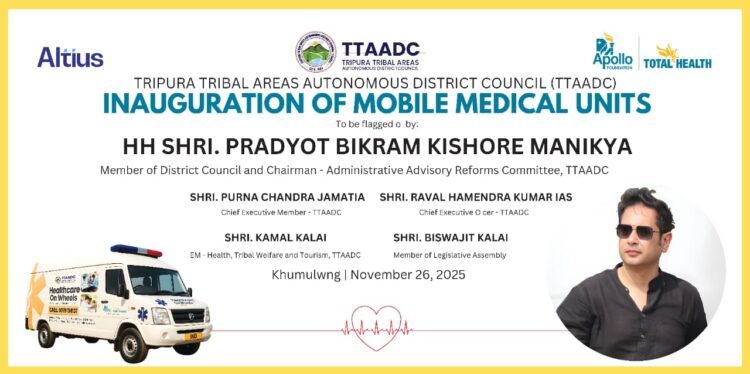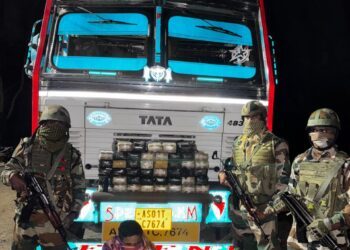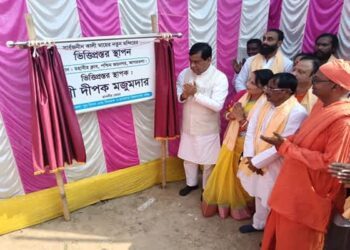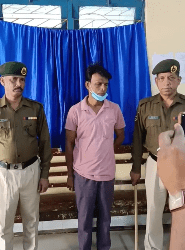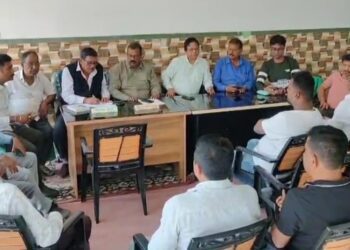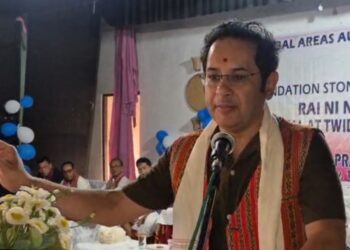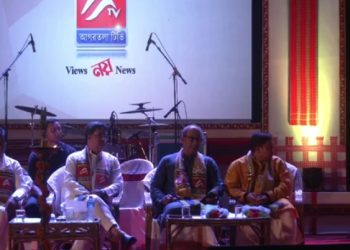In a major stride toward strengthening healthcare access in remote tribal belts, Tipra Motha founder Pradyot Kishore Debbarma on Wednesday inaugurated six Mobile Medical Units (MMUs) under the Tripura Tribal Areas Autonomous District Council (TTAADC). The initiative, designed to bring essential medical services directly to underserved communities, has been made possible through Corporate Social Responsibility (CSR) support from Apollo Hospitals and the Altius Group.
Addressing the gathering at the launch event, Pradyot underscored the urgent need to deliver healthcare at the doorstep of tribal families living in distant villages. For many residents, he noted, seeking basic medical attention often requires travelling long and difficult routes to reach Agartala or other urban centres—an obstacle the MMUs aim to eliminate.
“These units will travel on scheduled routes, hold regular health camps, and extend consistent medical coverage to areas that have long remained underserved,” Pradyot said. Officials associated with the initiative added that the project has also created 30 new employment opportunities, offering jobs to local youths and strengthening the region’s socio-economic fabric.
Pradyot further highlighted the evolving landscape of CSR activities in the country. He observed that companies are increasingly stepping up with large-scale contributions, moving beyond symbolic or small-scale donations. Partnerships like the one with Apollo Hospitals and the Altius Group, he said, are helping bridge crucial gaps in healthcare infrastructure, especially in regions where government resources have not been sufficient. These CSR interventions have supported everything from funding ambulance drivers to providing essential medical care and emergency services.
Calling for sustained, long-term collaboration, Pradyot urged more organizations to come forward and contribute to the holistic development of tribal areas. He stressed that the needs of the community extend across multiple sectors, including healthcare, sports infrastructure, digital learning through smart classrooms, anti-narcotics initiatives, and youth empowerment programmes.
“Our communities need consistent and collective support to grow stronger,” he emphasized. “These initiatives must continue and expand so that every village can access opportunities and essential services without barriers.”
The inauguration of the six MMUs marks a significant milestone in the TTAADC’s push toward inclusive development, showcasing how collaborative efforts between civil society and corporate partners can transform lives in remote regions.


